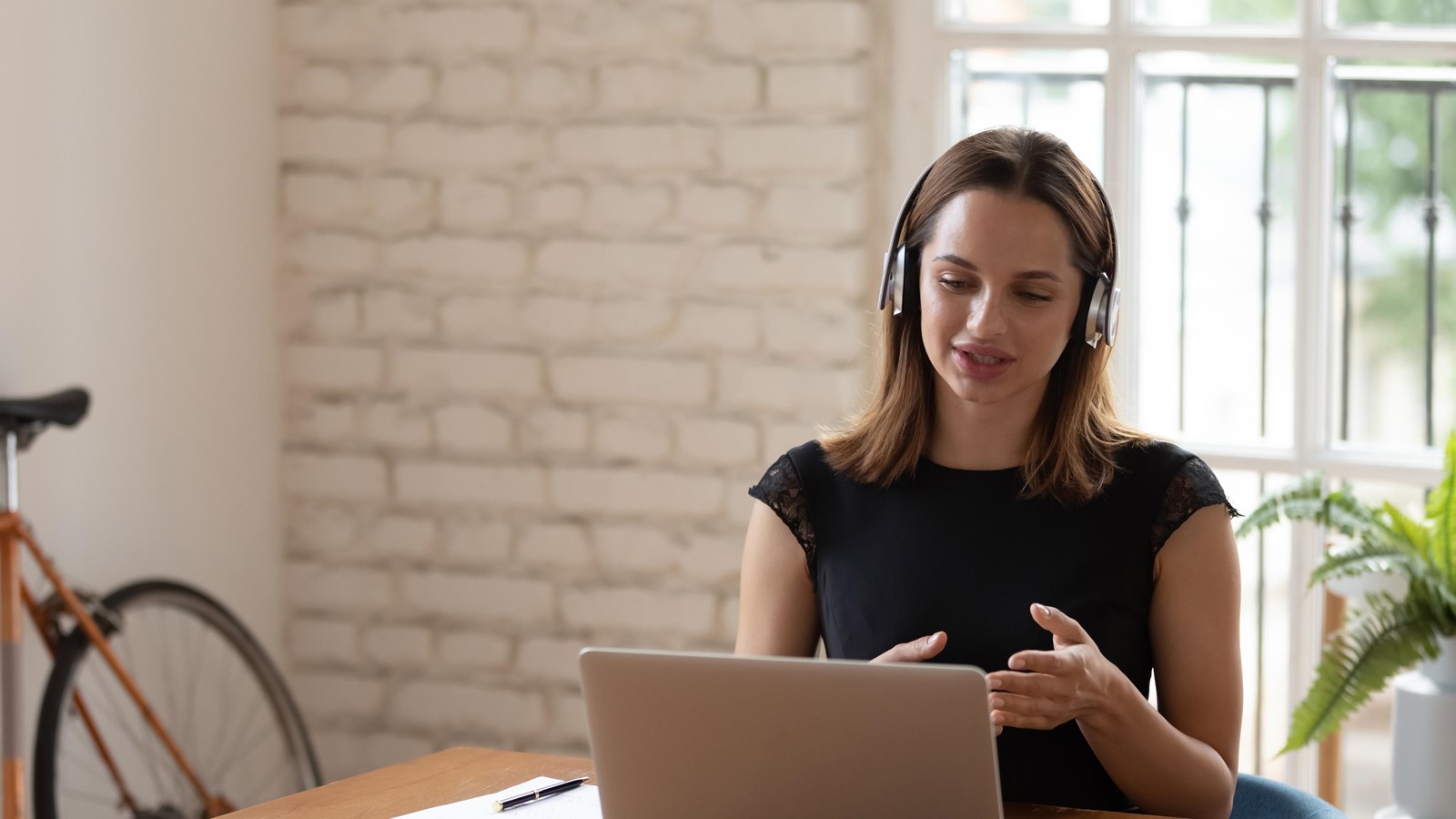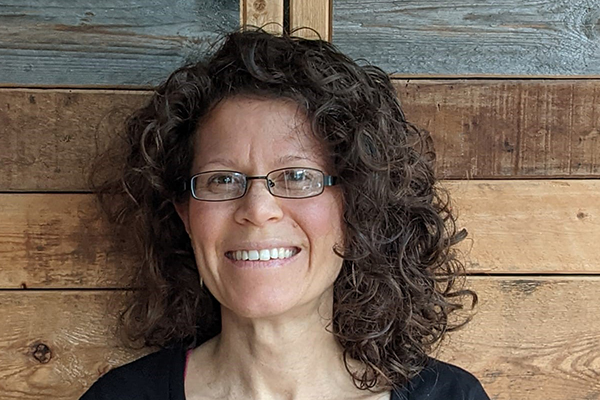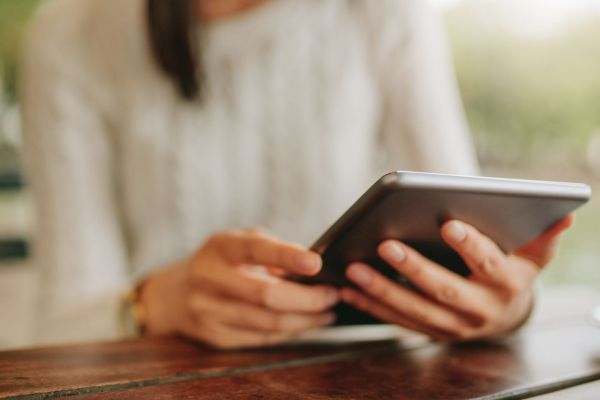This time last year we made the sudden transition to counselling online. As lockdown lifts, how will we negotiate the journey back to face to face therapy?
My own propulsion into the world of online counselling was made easier by having used it previously, when a client moved abroad but wasn’t ready to end therapy. With some online training, advice from colleagues and a bit of investment in my own tech, it became my only way of working – and has remained so for over a year now.
While the transition to online working had to be swift, our journey back to in-person counselling can be slower, negotiated with our clients and even not chosen. Clients who haven’t had the privacy required for online sessions will be first back, as restrictions ease.
Other clients may need more time to feel safe visiting in person, just as we ourselves might. At the least, we’ll need time to think through our safety protocols. Some of our most vulnerable clients may choose to remain online indefinitely. I’m prepared to honour what feels best for each client.
I have worked with some of my clients for over a year now, yet never met them in person. I’m wondering how they and I will feel when we meet for the first time. What will be different about how we come across? What will seem entirely familiar? Will we find something new in the way we relate, in making this leap to sharing a physical space?
I’ll be relieved to no longer have to split my attention between my camera (to facilitate eye contact) and my client’s face (so that I catch their facial expressions). It will be nice not to feel ever watchful of my battery’s life and have my charger with me permanently, lest I should run out of juice mid-session.
I’ll also never be able to forget the session I held just after lending my daughter my phone for her own Zoom call with a friend. She’d changed the background to a photo of our cats and I couldn’t figure out, in the five seconds before the client arrived on the call, how to change it back. I did the session with a virtual cat on each shoulder and was thankful the client saw the funny side.
And while I’m grateful for the gift of technology for maintaining our connections during the pandemic, we’ve all struggled with a patchy connection at times. Even a slight delay on the call makes the difference between a skilfully timed intervention and a clumsy interruption.
However, counselling has been crucial during the pandemic. I’ve seen NHS staff, sufferers of long COVID, anxious keyworkers and people for whom the lockdown has had hard implications. Trans folk, already hampered by long waiting lists for referral to gender clinics, now face extraordinary uncertainty. For others, lockdown has allowed space for change that wasn’t possible before: relationships have ended, whole lifestyles have shifted.
I’m thankful I could be there on screen for all of that. I will feel joy the day I can welcome clients back safely, but it has been a privilege to have a window into peoples’ lives at this extraordinary time.
Read more
Views expressed in this article are the views of the writer and not necessarily the views of BACP. Publication does not imply endorsement of the writer’s views. Reasonable care has been taken to avoid errors but no liability will be accepted for any errors that may occur.



